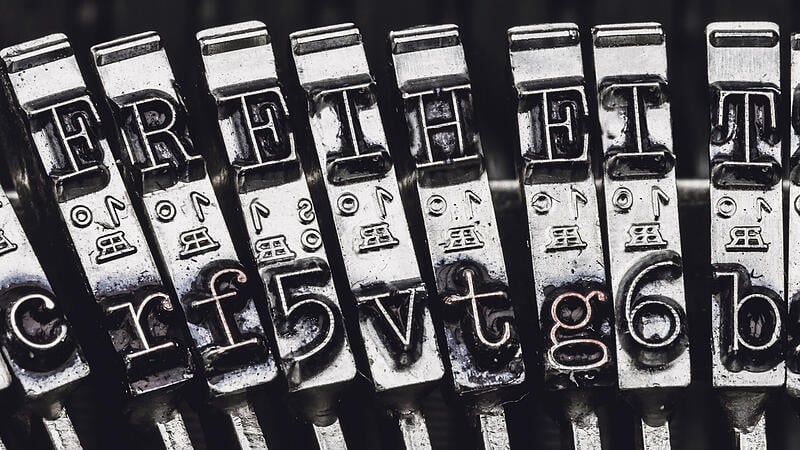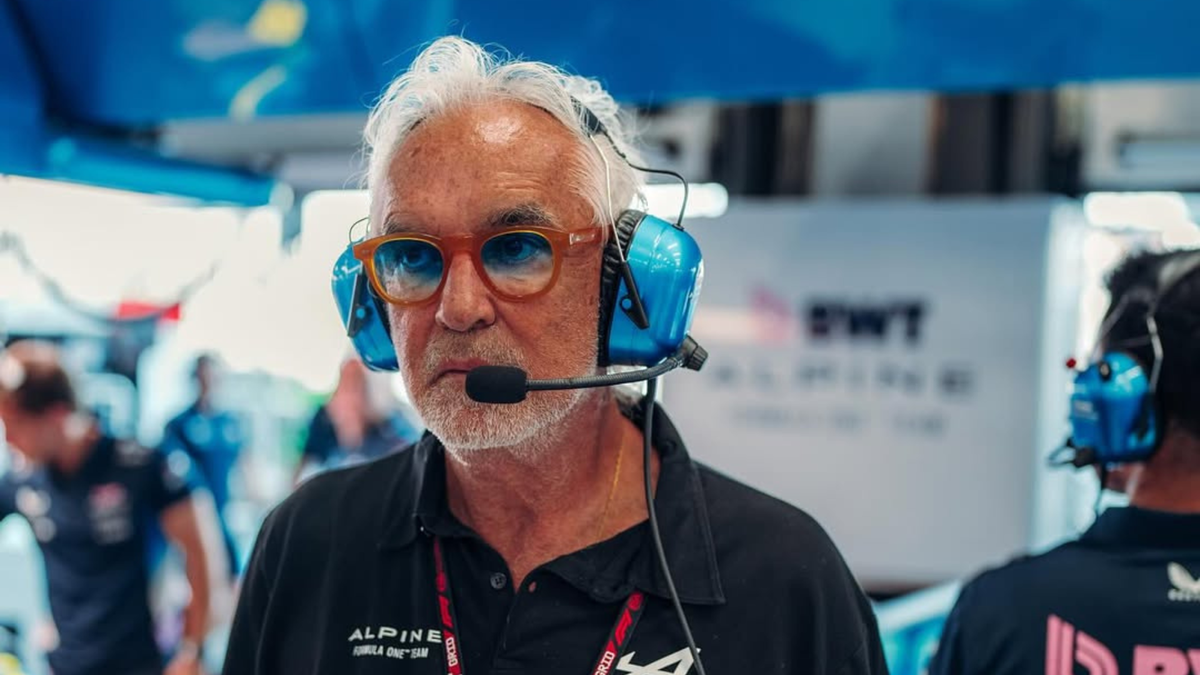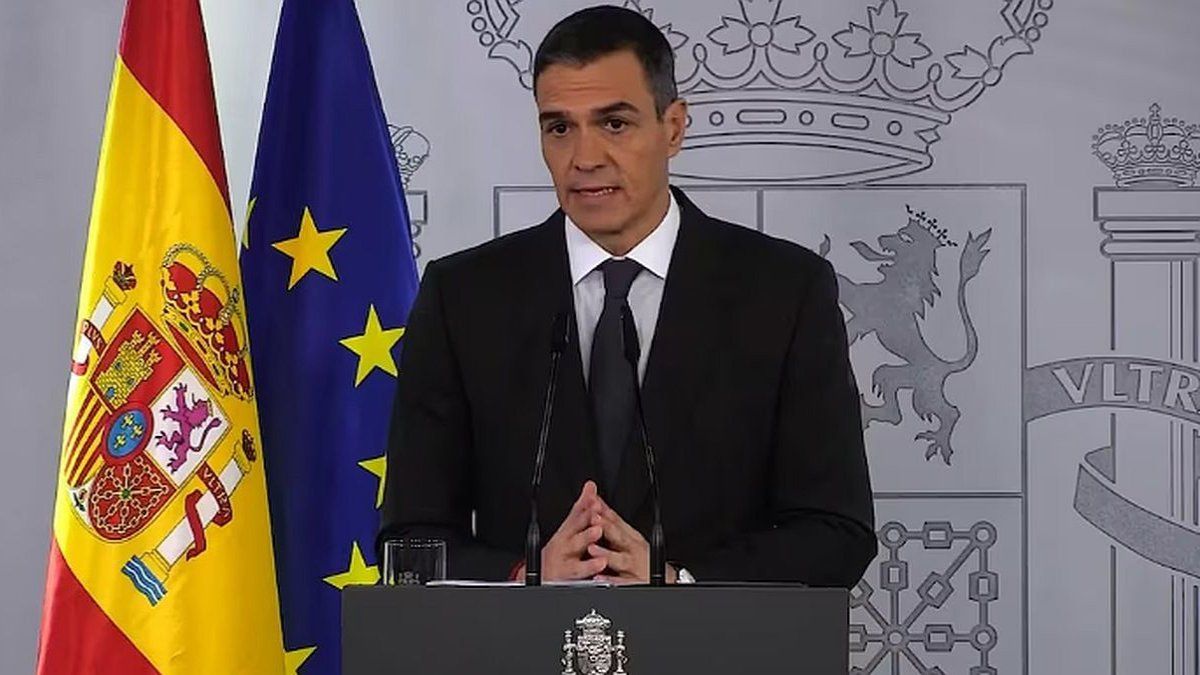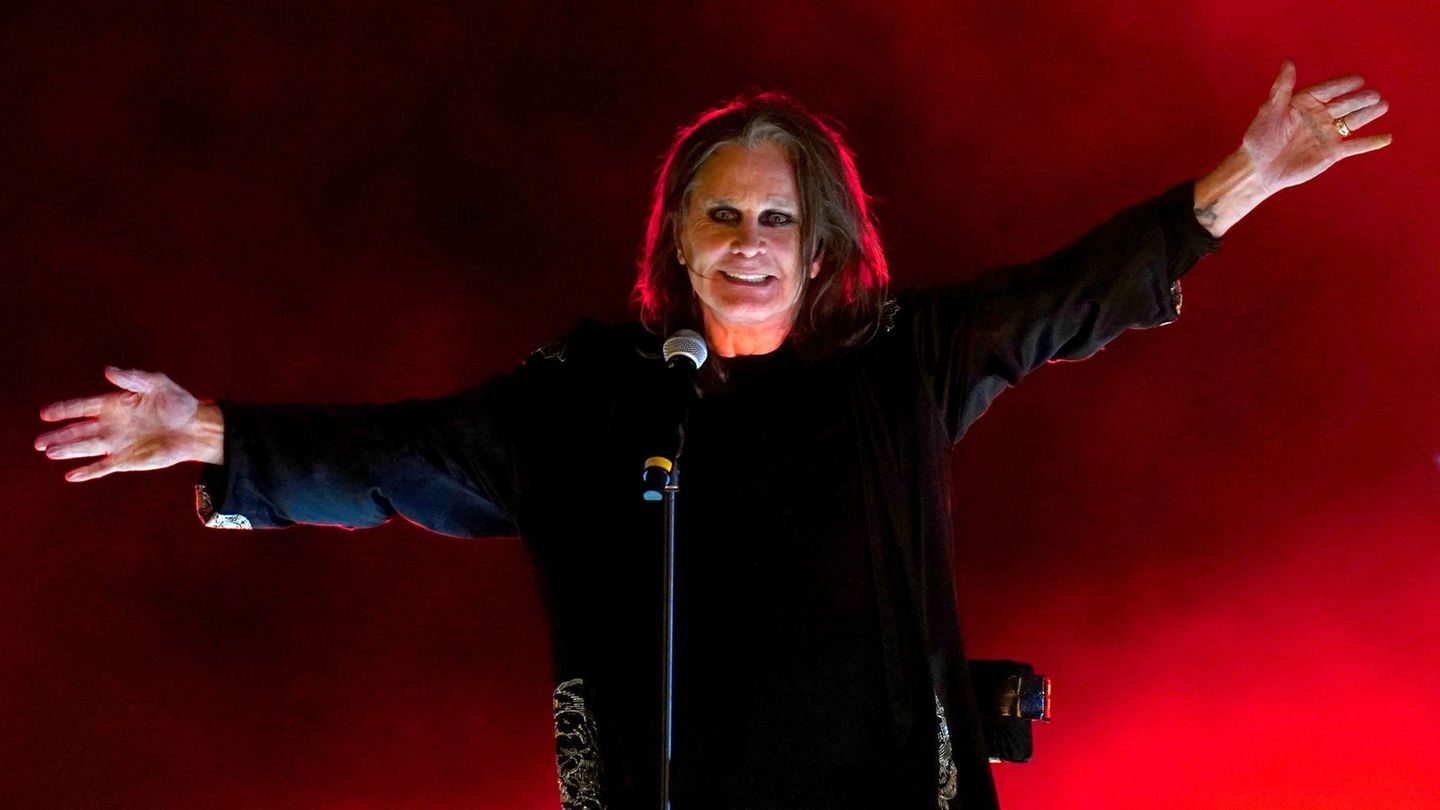Image: colourbox.de
Since Russia’s attack on Ukraine, OÖN correspondent Stefan Scholl has had to weigh every word in Moscow, because in Russia you can’t say war on the fighting in Ukraine. It could land the family man in prison for several years. With the beginning of the invasion, working conditions for independent journalists in Russia have deteriorated significantly. Around 1,000 of them have since left the country. That is the sad finding of today’s International Press Freedom Day.
A few hundred kilometers west of the theater of war, here in Austria, so much is taken for granted. Drinking water flows out of the faucet, the light comes on when the switch is pressed, the media are allowed to report freely and independently: the value of all this would only be recognized if it were lost.
The tectonic shifts in the media landscape are also noticeable here, not only because of the ORF reform that has been discussed for days. It is correct that politicians financially secure public service broadcasting. The fact that it gives the state-owned company more opportunities to compete with private media houses unnecessarily fuels unfair competition.
The opportunity was wasted to free the ORF from the immediate political environment. At the same time, attempts are being made to bring private media companies closer to the strings of state press subsidies. Healthy, profitable growth as a prerequisite for independent journalism is made more difficult.
Freedom of the press and media diversity are cornerstones of functioning democracies. Every dictatorship, whether right or left, first abolishes the independent press. As early as 1965, the founding editor of the Frankfurter Allgemeine Zeitung, Paul Sethe, expressed concern in a letter to the editor about increasing media concentration: “Freedom of the press is the freedom of two hundred rich people to spread their opinions,” he provocatively wrote.
Today, anyone who has an account on social networks becomes a publisher. There are always new digital offers. The battle for consumer attention is getting tougher. Traditional media have to justify their existence economically and socially, and make up for lost trust.
The privilege of interpretation has shifted with social media – away from the journalist as the disseminator of the news to the producer himself. Donald Trump has perfected this principle, created “alternative facts” and created his own truth. Therein lies just as much a threat as an opportunity for traditional journalism.
Social media, the owners and authors of which are often unknown beings, are flooding the networks with sometimes dubious information. In view of this oversupply, the journalistic craft characterized by careful research and balanced reporting is gaining in importance.
Credibility and trust only come from relationships with people who are tangible and assessable. Only by processing and classifying information is it possible for readers to form their own opinion. Journalism needs to find its way into people’s minds and hearts to remain relevant in their lives.
That too is anything but a matter of course.
Source: Nachrichten




